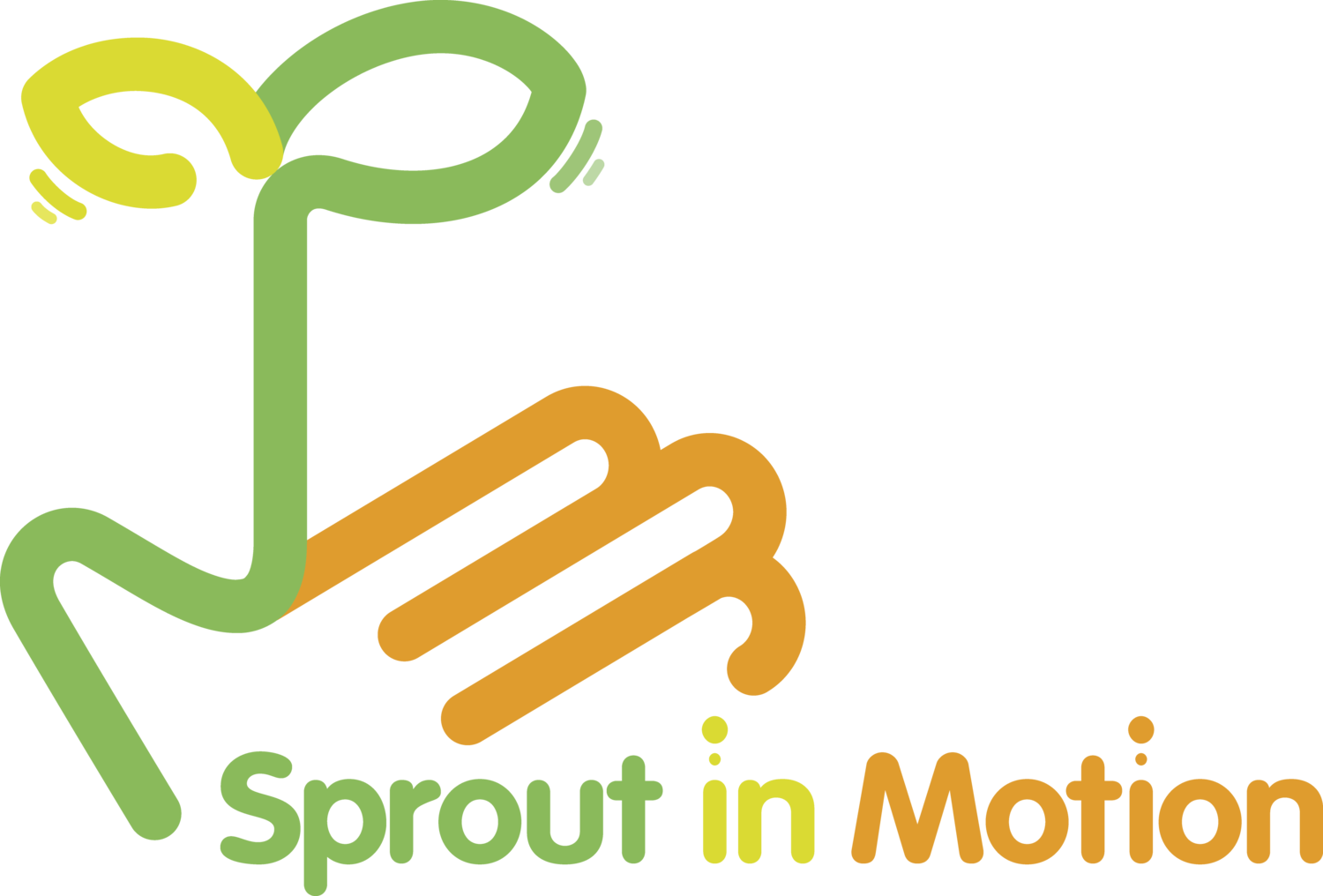The Power of Joint Attention: Enhancing Learning and Socialization in Children with Autism
As parents, you play a crucial role in supporting your child's development, especially if they have autism spectrum disorder (ASD). One essential aspect of your child's growth is the development of joint attention skills. Joint attention refers to the ability to share attention with others and direct it to the same object or event. This skill serves as a foundation for social interaction, communication, and learning.
In this article, we will explore the concept of joint attention and its significance in your child's overall development. We will also provide practical strategies to promote joint attention skills in everyday interactions.
Understanding Joint Attention:
Joint attention involves three critical components: initiating joint attention, responding to joint attention, and shared attention. Initiating joint attention refers to a child's ability to draw someone else's attention to an object or event through gestures, eye contact, or vocalizations. Responding to joint attention involves a child's ability to follow another person's gaze or gestures and share attention with them. Shared attention occurs when both individuals are focused on the same object or event, allowing for meaningful communication and connection.
The Importance of Joint Attention for Children with Autism:
Children with autism often experience challenges in developing joint attention skills due to difficulties in social communication and interaction. However, fostering joint attention can have profound benefits for their overall development:
Language and Communication: Joint attention lays the foundation for language development by fostering the understanding and use of gestures, eye contact, and shared interests. It provides a context for meaningful interactions and promotes the emergence of verbal and nonverbal communication skills.
Social Interaction: Joint attention is a fundamental building block for social connections. It enables children to engage in reciprocal interactions, take turns, and share experiences with others. By developing joint attention skills, children with autism can enhance their social engagement and form more meaningful relationships.
Cognitive Development: Joint attention supports cognitive growth by promoting focused attention, shared problem-solving, and the ability to learn from others. It enhances a child's capacity to understand and interpret the world around them, leading to improved learning outcomes.
Promoting Joint Attention:
Here are some practical strategies that parents can use to foster joint attention skills in their children:
Follow Your Child's Lead: Observe your child's interests and join them in activities they find engaging. By joining their world, you create opportunities for shared attention and interaction.
Use Visual Supports: Visual aids, such as pictures, gestures, or visual schedules, can help direct your child's attention and facilitate understanding. Use visual cues to draw attention to objects or events during play or daily routines.
Encourage Eye Contact: Work on fostering eye contact by positioning yourself at your child's eye level during interactions. Use motivating toys or objects to capture their attention and reward positive attempts at eye contact.
Expand Communication: Model and encourage your child to use gestures, pointing, or vocalizations to express their needs, wants, or interests. Respond promptly and enthusiastically to their attempts at joint attention, reinforcing their communication efforts.
Structured Play: Engage in structured play activities that encourage joint attention, such as building blocks, puzzles, or interactive games. These activities provide opportunities for shared focus and turn-taking.
Use Technology Appropriately: Appropriately selected and supervised interactive technology, such as educational apps or games, can be valuable tools for promoting joint attention. Engage in joint media engagement by discussing and interacting with the content together.
Developing joint attention skills is vital for your child's learning, socialization, and overall development. By understanding the concept of joint attention and implementing strategies to promote it, you can support your child in building strong foundations for communication, social interaction, and cognitive growth. Remember to be patient, celebrate small successes, and seek guidance from professionals, such as behavior analysts and ABA therapists, who can provide tailored support for your child's unique needs. Together, we can empower children with autism to thrive and reach their full potential.



